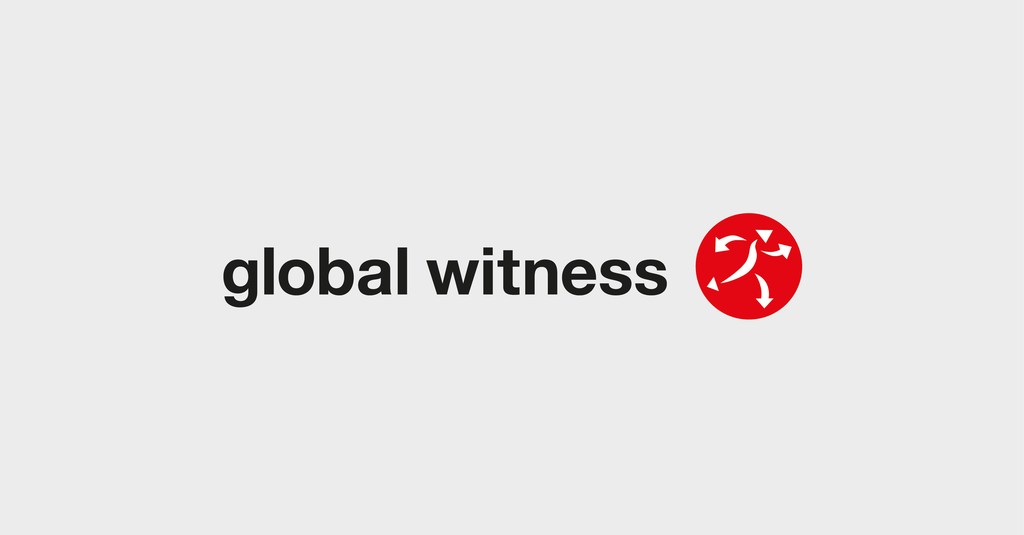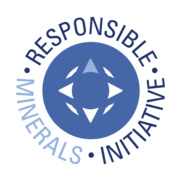Congo's Legal Battle Against Apple: A Quest for Justice Over Conflict Minerals
December 18, 2024, 6:07 pm

Location: Tajikistan, Khatlon Region, International
Employees: 51-200
Founded date: 1993
The Democratic Republic of Congo (DRC) has thrown down the gauntlet. In a bold move, it has filed criminal complaints against Apple subsidiaries in France and Belgium. The charges? Using conflict minerals in its supply chain. This is not just a legal skirmish; it’s a battle for justice, accountability, and the lives affected by the dark underbelly of the tech industry.
Congo is rich in resources. Tin, tantalum, and tungsten—collectively known as the 3T minerals—are vital for modern technology. They are the lifeblood of smartphones, laptops, and countless devices. Yet, beneath this wealth lies a tragic reality. Many artisanal mines are controlled by armed groups. These groups are not just miners; they are perpetrators of violence, looting, and human rights abuses. The echoes of conflict resonate through the hills of eastern Congo, where the struggle for control over these minerals has led to untold suffering.
The DRC’s legal action against Apple is a response to this grim situation. Lawyers for the Congolese government argue that Apple, despite its claims of ethical sourcing, is complicit in the ongoing atrocities. They assert that the tech giant’s supply chain is tainted by minerals that have been pillaged from the DRC and laundered through international networks. This is not merely a matter of corporate negligence; it’s a moral indictment of a system that prioritizes profit over human life.
Apple has consistently maintained that it does not directly source primary minerals. The company claims to audit its suppliers and publish findings to ensure transparency. In its 2023 filing to the U.S. Securities and Exchange Commission, Apple stated that none of the smelters or refiners in its supply chain had financed armed groups in the DRC or neighboring countries. However, these assertions are met with skepticism. Critics argue that Apple’s audits are superficial, a mere façade that masks deeper issues.
The DRC’s complaints are not just directed at Apple’s local subsidiaries. They encompass the entire Apple corporate structure. The allegations include covering up war crimes, laundering tainted minerals, and engaging in deceptive commercial practices. The DRC’s lawyers describe Apple’s actions as systemic wrongdoing. This is a powerful accusation, suggesting that the company is aware of the implications of its supply chain but chooses to look the other way.
The choice of France and Belgium as the battlegrounds for this legal fight is significant. Both countries have a history of colonial exploitation in Africa, particularly in the DRC. Belgium, in particular, has a moral obligation to address the consequences of its colonial past. The DRC’s lawyers argue that these nations must take a stand against corporate complicity in human rights abuses. The echoes of history resonate in this legal battle, reminding us that the past is never truly buried.
At the heart of the DRC’s complaints is the ITSCI program, a metals industry-funded initiative designed to help companies trace the origins of their minerals. However, the DRC’s lawyers argue that ITSCI has been discredited. They claim it serves as a “fig leaf” for companies like Apple, allowing them to present a clean image while ignoring the realities on the ground. The Responsible Minerals Initiative (RMI), of which Apple is a member, has distanced itself from ITSCI, citing its failure to provide adequate oversight in high-risk areas.
The U.S. State Department has also weighed in, expressing concerns about the illicit trade in minerals from the DRC. This statement underscores the complexity of the issue. The DRC is not just fighting a corporate giant; it is challenging a global system that allows such exploitation to flourish. The fight against conflict minerals is a fight against a culture of impunity.
The implications of this legal battle extend beyond the courtroom. If successful, the DRC’s complaints could set a precedent for holding multinational corporations accountable for their supply chains. It could ignite a movement toward greater transparency and ethical sourcing in the tech industry. The stakes are high, and the world is watching.
As the DRC embarks on this legal journey, it is not just seeking justice for its people. It is calling for a reckoning in the tech industry. The fight against conflict minerals is a fight for dignity, for lives shattered by greed and violence. It is a reminder that behind every device lies a story—a story that often goes untold.
In conclusion, the DRC’s legal action against Apple is a clarion call for accountability. It challenges the notion that corporations can operate without regard for the consequences of their actions. As the legal proceedings unfold, the world must grapple with the uncomfortable truth: the technology we cherish may come at a terrible cost. The DRC’s fight is not just its own; it is a fight for justice that resonates across borders and industries. The battle has begun, and it is one that demands our attention.
Congo is rich in resources. Tin, tantalum, and tungsten—collectively known as the 3T minerals—are vital for modern technology. They are the lifeblood of smartphones, laptops, and countless devices. Yet, beneath this wealth lies a tragic reality. Many artisanal mines are controlled by armed groups. These groups are not just miners; they are perpetrators of violence, looting, and human rights abuses. The echoes of conflict resonate through the hills of eastern Congo, where the struggle for control over these minerals has led to untold suffering.
The DRC’s legal action against Apple is a response to this grim situation. Lawyers for the Congolese government argue that Apple, despite its claims of ethical sourcing, is complicit in the ongoing atrocities. They assert that the tech giant’s supply chain is tainted by minerals that have been pillaged from the DRC and laundered through international networks. This is not merely a matter of corporate negligence; it’s a moral indictment of a system that prioritizes profit over human life.
Apple has consistently maintained that it does not directly source primary minerals. The company claims to audit its suppliers and publish findings to ensure transparency. In its 2023 filing to the U.S. Securities and Exchange Commission, Apple stated that none of the smelters or refiners in its supply chain had financed armed groups in the DRC or neighboring countries. However, these assertions are met with skepticism. Critics argue that Apple’s audits are superficial, a mere façade that masks deeper issues.
The DRC’s complaints are not just directed at Apple’s local subsidiaries. They encompass the entire Apple corporate structure. The allegations include covering up war crimes, laundering tainted minerals, and engaging in deceptive commercial practices. The DRC’s lawyers describe Apple’s actions as systemic wrongdoing. This is a powerful accusation, suggesting that the company is aware of the implications of its supply chain but chooses to look the other way.
The choice of France and Belgium as the battlegrounds for this legal fight is significant. Both countries have a history of colonial exploitation in Africa, particularly in the DRC. Belgium, in particular, has a moral obligation to address the consequences of its colonial past. The DRC’s lawyers argue that these nations must take a stand against corporate complicity in human rights abuses. The echoes of history resonate in this legal battle, reminding us that the past is never truly buried.
At the heart of the DRC’s complaints is the ITSCI program, a metals industry-funded initiative designed to help companies trace the origins of their minerals. However, the DRC’s lawyers argue that ITSCI has been discredited. They claim it serves as a “fig leaf” for companies like Apple, allowing them to present a clean image while ignoring the realities on the ground. The Responsible Minerals Initiative (RMI), of which Apple is a member, has distanced itself from ITSCI, citing its failure to provide adequate oversight in high-risk areas.
The U.S. State Department has also weighed in, expressing concerns about the illicit trade in minerals from the DRC. This statement underscores the complexity of the issue. The DRC is not just fighting a corporate giant; it is challenging a global system that allows such exploitation to flourish. The fight against conflict minerals is a fight against a culture of impunity.
The implications of this legal battle extend beyond the courtroom. If successful, the DRC’s complaints could set a precedent for holding multinational corporations accountable for their supply chains. It could ignite a movement toward greater transparency and ethical sourcing in the tech industry. The stakes are high, and the world is watching.
As the DRC embarks on this legal journey, it is not just seeking justice for its people. It is calling for a reckoning in the tech industry. The fight against conflict minerals is a fight for dignity, for lives shattered by greed and violence. It is a reminder that behind every device lies a story—a story that often goes untold.
In conclusion, the DRC’s legal action against Apple is a clarion call for accountability. It challenges the notion that corporations can operate without regard for the consequences of their actions. As the legal proceedings unfold, the world must grapple with the uncomfortable truth: the technology we cherish may come at a terrible cost. The DRC’s fight is not just its own; it is a fight for justice that resonates across borders and industries. The battle has begun, and it is one that demands our attention.
